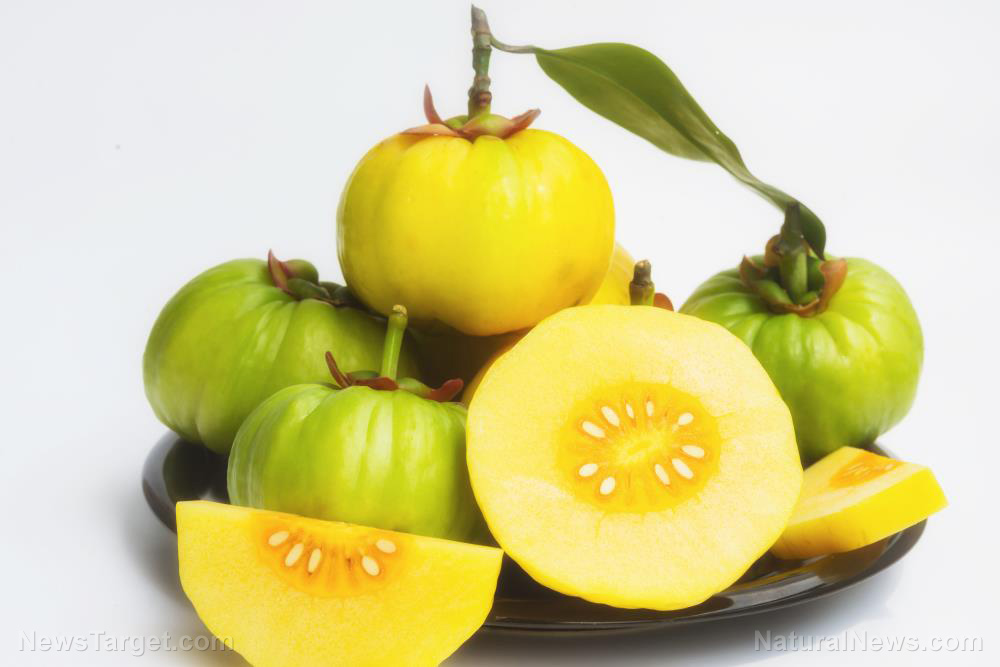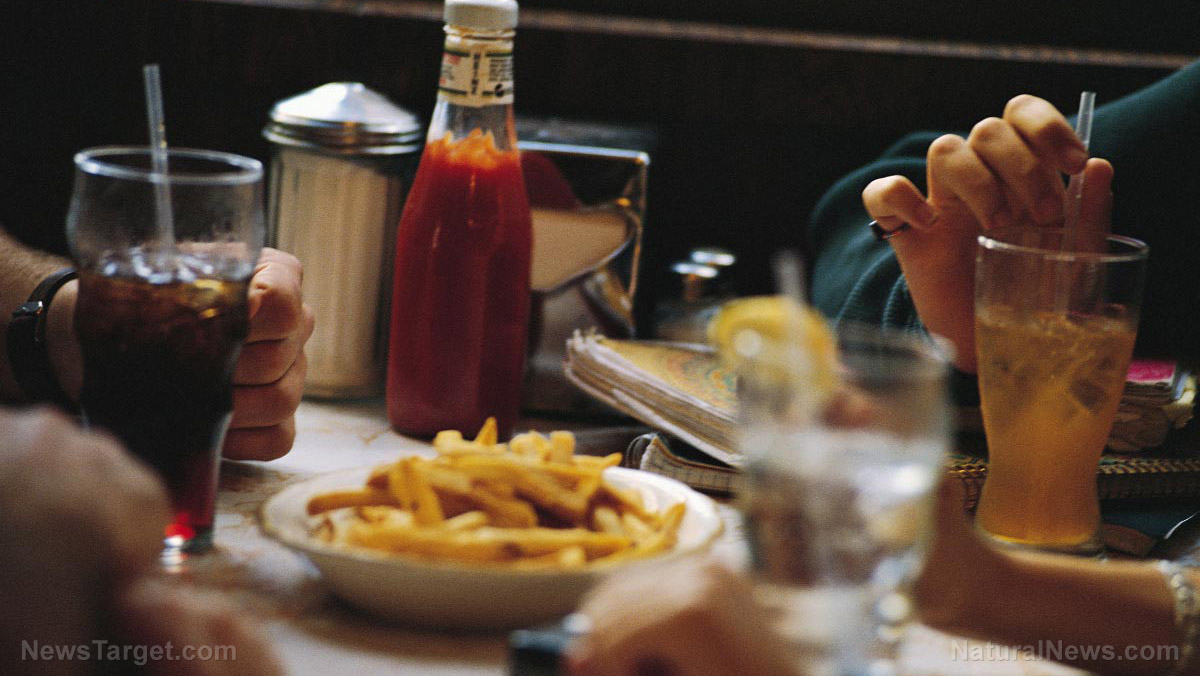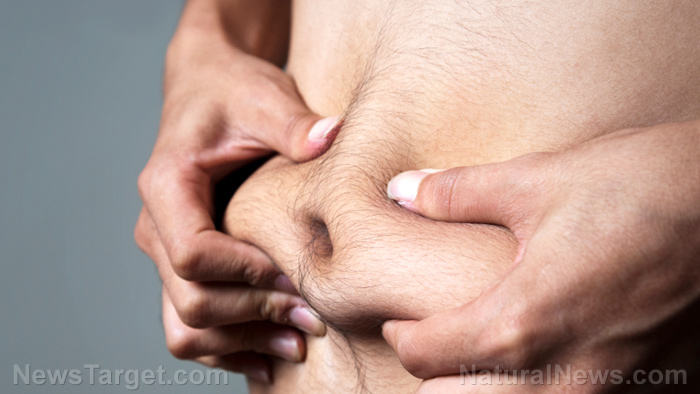Growing up too young, too fast: Study says that girls who start puberty earlier are more likely to be overweight as adults
04/12/2018 / By Jessica Dolores

There may be some wisdom to a parent’s wish for a young daughter not to grow up too soon. New research from Imperial College London and published in the International Journal of Obesity shows that girls who reach puberty earlier are likely to grow up into overweight adults. This link between the age of puberty to a woman’s body mass further explains why girls who have their first period earlier than their peers tend to weigh more than friends of the same age.
A separate study by the same group on thousands of women also revealed that genes play a key role in the age girls start menarche (first menstruation, a sign of puberty) and body mass. This means that girls genetically predisposed to start puberty at an earlier age also had a higher body mass.
Scientists explain the early puberty-higher body mass link to hormonal changes that affect the way fat tissue is deposited in the breasts, among other reasons. But this, and other explanations need to be studied further.
Steps to take
The point is, early puberty among girls could lead to mental and health issues that can be avoided. Help your little girl savor the joys of childhood longer and avoid the dangers of early puberty the natural way.
- Heavy metal detox — Give your child nine to 24 grams of cilantro and chlorella per day. Chelating agents in cilantro and chlorella attach themselves to heavy metal toxins and take them away. You can also toss in generous amounts of cilantro and chlorella in salads and give them to your child every day.
- Vitamin D intake — A study from the University of Michigan School of Public Health revealed that five to 12 year old girls who lack vitamin D are twice as likely to have early puberty than those who have lots of the sunshine vitamin in their bodies. Take your little girl outdoors more often and let her bask under the sunshine each day. You can play ball together, bring the family pet, chat about school, and do many things together. If your area lacks sunshine, your little girl can get a good dose of the vitamin D from fatty fish like tuna and salmon, fresh orange juice, soy milk, cheese and egg yolk.
- Stay off canned food — Canned foods are often coated with BPA (Bisphenol A), which mimics the hormone estrogen responsible for developing breasts, wider hips, pubic hair and armpit hair — signs of puberty. Keep your little girl away from them. Let your little girl drink water or fresh juice from a glass or stainless steel bottle instead of plastic.
- Probiotic intake — Get rid of BPA in your child’s life through probiotics. These are naturally found in yogurt, sauerkraut, soft cheeses, sourdough bread, sour pickles and others.
- Eat whole fruits and vegetables — Fiber protects girls from early menstruation. Choose organic ones that are free from harmful chemicals. (Related: Early Puberty in American Girls is Likely Caused by Diet.)
- Keep your family happy — Girls with absentee fathers are twice as likely to menstruate earlier than those who enjoy the company of both parents. Childhood trauma, like sexual abuse or a depressed mom are also related to early puberty. So keep your marriage and your family happy. Keep the communication lines open so your little girl can feel free to unburden her problems — from eating her favorite food, to getting along in school.
100% organic essential oil sets now available for your home and personal care, including Rosemary, Oregano, Eucalyptus, Tea Tree, Clary Sage and more, all 100% organic and laboratory tested for safety. A multitude of uses, from stress reduction to topical first aid. See the complete listing here, and help support this news site.
What if your little girl experiences puberty early? It’s time to sit down and discuss ways to handle the changes in her body, and the teasing she might get from peers. In child rearing as in almost everything, love and tender loving care go a long way. See Health.news for more news coverage of health issues.
Sources include:
Tagged Under: adult obesity, bisphenol A, body mass, body mass index, BPA, childhood obesity, early menstruation, early puberty, estrogen, growing up, hormonal changes, menarche, obesity, overweight adults, puberty



















